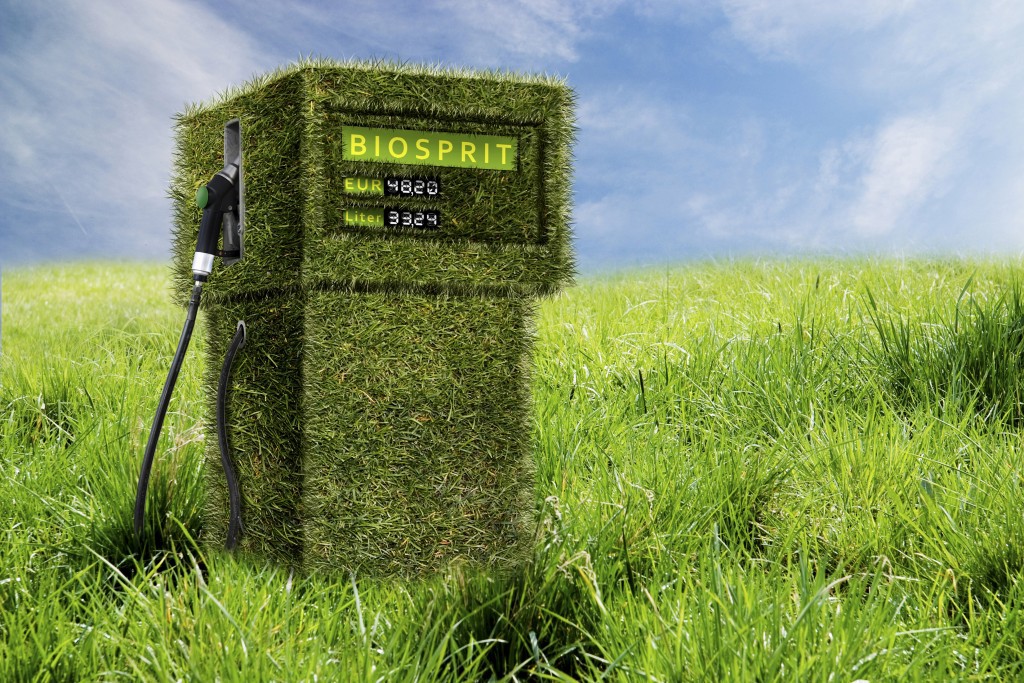
Ukraine remains among outsiders on the use of biological fuels. There is a rigid competition for sales markets between giant powerful financial groups in the world dealing with the production of traditional fuels, and biofuel production is born. With a significant energy dependence, Ukraine remains among outsiders on the use of biological fuels.
Humanity always faces a problem of energy supply for its existence. Energy needs also increase together with a quantitative and qualitative increase in the comfort of human life. For a century and a half (1860–2016), world consumption of energy resources per inhabitant of the planet increased by 24.5 times. As a result, the amounts of traditional energy resources (oil, gas, and coal) accumulated over millions of years are falling dramatically. In this regard, the problem of finding other energy sources, one of which is the biofuels production from organic mass in the form of biogas, biodiesel, bioethanol, etc., is objectively exacerbated.
It should be noted that Ukraine, as the vast majority of EU countries, is import-dependent in the energy sector. In our country, the amounts of total energy consumption exceed the amount of own energy production 1.5 times, on average in the EU countries by 1.8 times, in particular, in Germany it is almost three times, in France – twice, and in Poland – by1.5 times.
To reduce energy dependence, these countries have been developing alternative types of fuel in recent years. Thus, biofuel production in the EU as a whole has increased in 2016, compared with 1992, by thousands of times. In 1992, according to official statistics, Germany and Poland did not produce biofuels, and their production amounted to 3.9 million and 1.1 million tons in 2016, respectively. As a result, the share of biofuels in total energy production reached 1.6 % in the EU countries, in particular, 3.0 in Germany, 2.1 in France, and 1.5 in Poland.
The situation with biofuel production in export-oriented countries in the energy market is the opposite, and this is justified. Thus, in the Russian Federation, the share of own energy resources consumption accounts for only half of the total amount of the energy produced, and the production of biofuels in 2016 totaled only 0.02 % of this amount. In Bolivia, these figures are equal to one third and 0.3 % respectively.
In such post-Soviet countries as Ukraine and Belarus, with their significant energy dependence (consumption of energy resources exceeds their combined production by 1.5 and 12.5 times respectively), the share of biofuels in the total energy production is insignificant. In Ukraine, it is only 0.05 %, and in Belarus, biofuel production is currently suspended at all. This situation is largely due to the fact that Ukraine has for a long time, and Belarus is now developing its energy in the sector following the Russian Federation – an energy export-oriented country.
In the past, lower level of import prices for oil and petroleum products for Ukraine by the RF compared to the western countries was due to the interests of not losing the market and keeping Kyiv in the sphere of its political influence. And in Belarus, the import prices for these products are lower today. This corresponds to the position of ‘nothing personal, just business’. Russia has its economic interests, and we should do the same.
This was one of the reasons for the inhibition of biofuel production for our state and the occurrence of such a negative phenomenon as low level of energy-saving technologies implementation in the national economy in general and in rural areas, in particular. Thus, the energy consumption of Ukraine is three times higher compared to Poland, Germany and France. It means that the cheapness of energy did not contribute naturally to their savings, which formed the appropriate mentality of domestic consumers of these resources.
It should be noted that the gas extraction in the ’50s and ’70s of the last century, for example, was one of the largest in the territory of Ukraine in the former USSR. Then gas fields of Lviv (Dashava) and Kharkiv (Shebelynka) regions fully met the needs of Ukraine and friendly republics, in addition, gas was exported abroad. After gaining independence, Ukraine, having shared its cheap gas at one time, became largely import-dependent from the Russian Federation. This shows once again that there is no eternal friendship in the world, but there are eternal interests.